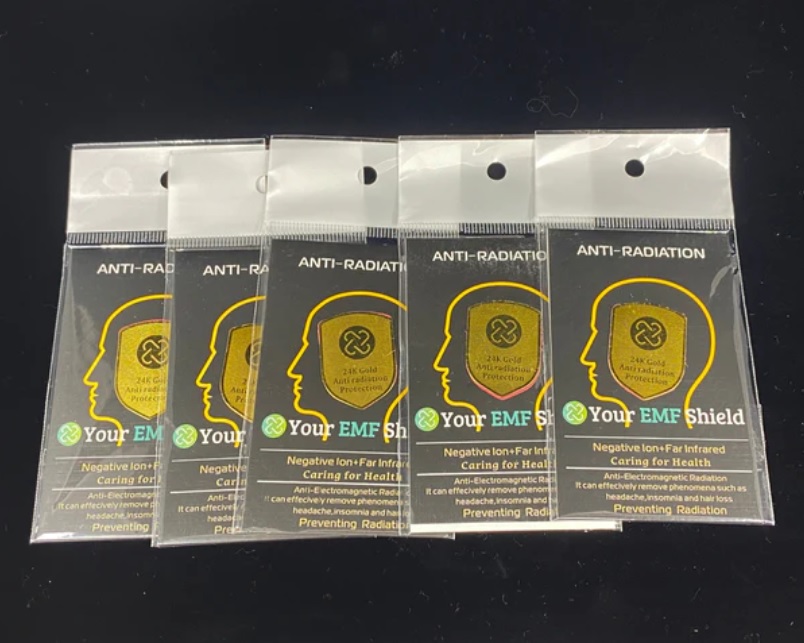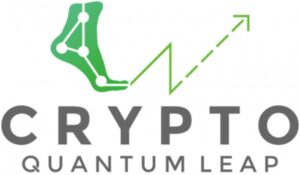After opening its doors in Downtown Los Angeles this past spring, KX Lab, one of the country’s sole producers of knit footwear uppers, has teamed with a local label to showcase its capabilities to the domestic market.
SoCal sneaker brand Clae this month announced its partnership with the manufacturer, teaming with KX to produce its first style fully assembled stateside. The label, which makes much of its leather and alt-leather silhouettes in Vietnam, is seeking to test the efficiency and speed-to-market benefits of domestic production, according to CEO Jim Bartholet. “From design concept to production, our local designers were able to have more face-to-face interactions with the manufacturers, all while using a person-centric approach that values collaboration,” he said. “Partnering with KX Lab to do something locally as opposed to abroad made for better accessibility and communication, and added a human element to all aspects of creating this shoe.”

Face-to-face collaboration is one of the Lab’s foundational values, and one that co-founder and CEO Joshua Katz believes could change the way the U.S. footwear industry operates. “We see all different permutations of the response to the recent and ongoing supply chain crisis,” the executive told Sourcing Journal, but more brands have come to see the value in diverting at least a portion of their manufacturing capacity to nearshore or onshore partners.
Larger businesses that may have invested in bringing development and production closer to home in the past are now beyond toe-dipping, viewing those efforts as wholly essential. “Are any of them in the very near future going to shift a large percentage of their business to the U.S., or even to near shore? Not likely,” Katz conceded. “But is it 1 percent? Is it that they now have hybrid design, development and small-scale production that is tied into a more traditional kind of offshore, large-scale manufacturing? I believe we’re going to start seeing that a lot.”
Meanwhile, smaller players like Clae continue to experiment with sourcing models that allow them to collaborate with suppliers more effectively, and get their shoes into the hands of shoppers faster. KX’s L.A. facility houses an open-plan front office with ample space for brands’ creative teams to collaborate with production staff. “This model for local manufacturing brings the consumers, products, and the people that make them closer together,” the group said. “It makes the creative process more efficient, helps diminish inventory waste, and allows for a quicker response to the market.”

Courtesy
The brand’s debut knit style, the Louie sneaker, features recycled polyester (RPET) knit into a contiguous upper on KX Lab’s automated knitting machines—a process that takes about 18 minutes, according to Katz. The minimalist construction was engineered to eliminate marginal waste, like the cutting room scraps that result from the use of materials like leather and woven textiles. “This is the only knit [style] so far,” John Ward, Clae’s U.S. marketing and ecommerce manager said, noting that the brand plans to expand and offer consumers a greater range of vegan options. Upcycled materials and innovative solutions like Desserto’s cactus-based alt-leather have proven compelling with the brand’s base, which is looking for more than standard leather, he said.
Having a line of sight into factory operations—essentially, a backyard view from Clae’s own L.A. headquarters—has given the brand the ability to innovate, and iterate, on its creations quickly, while advancing its ESG goals. KX’s highly-automated production and proprietary assembly process, which leaves some of the more toxic or labor-intensive elements of shoemaking to robots, diminishes some of the common risks to worker health associated with footwear factories, Katz explained during a tour of the facility. In a market where the cost of labor is higher than most offshore locales, efficiency-enhancing tools also allow the factory to focus skilled labor on specialized functions. Artisans perform traditional footwear-making tasks like sewing on webbing and trims and stitching strobel boards to knit uppers, while automated lasers are used to cut lining material and other components. A self-contained sprayer applies adhesive to foam midsoles, minimizing contact with the chemicals and preventing fumes from contaminating the factory floor.

Courtesy
“What I’ve learned is that it’s an awesome dialogue between the human and the machine,” Katz said. “Even though the programming language was developed on a computer, our knit engineers also work very closely with the machines because you still have to set the parameters.”
Katz is part of an informal consortium of local players looking to make California, and the Americas more broadly, a vibrant hub for , driving toward a degree of self-sufficiency not seen in decades. That means developing an ecosystem of manufacturers that can support brands like Clae. Launched in April, KX is already working with upward of a dozen brands and suppliers to make it happen. “The idea is we want to make things closer to the people that are designing them, and closer to the people that are buying them,” he said.

Courtesy
“There’s investment to be made—both financial investment and the investment in building out relationships and networks of people who only together can succeed,” he said. “There needs to be 10 to 20 brands in L.A. that are all looking for shoelaces in order to legitimately support someone who’s going to invest in the right equipment to build those shoelaces,” he added by way of example. Katz believes the barriers that have prevented growth like this from happening in the past are finally beginning to erode. “What I have absolutely seen is startups that have raised money or bootstrapped during this time period, not just because of the reactions to the supply chain situation, but the reactions to everything that’s been going on.”
“Perhaps I have an overly optimistic view of humanity, but I think that a lot of people have felt alienated for a long time because they feel disconnected from the source of the things that they consume,” he explained. In the wake of that detachment, “There’s this need to be closer to the places that things are made and people that are making them.”




